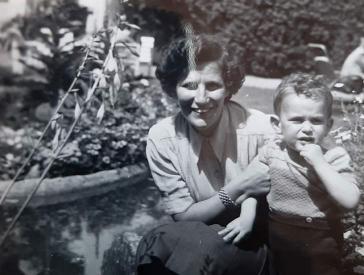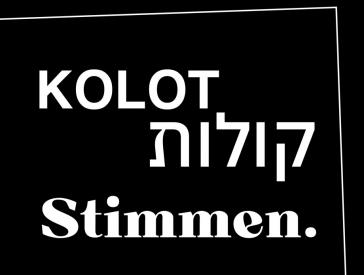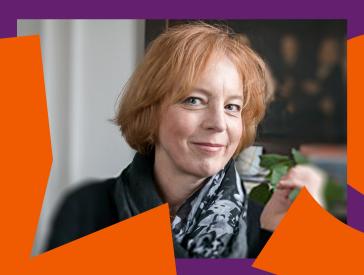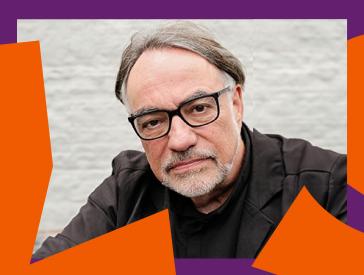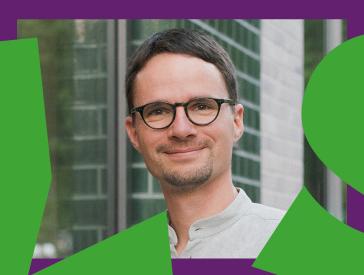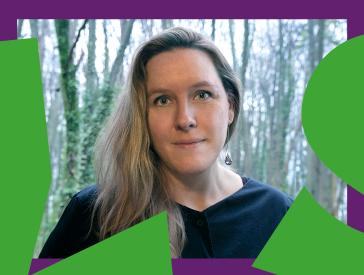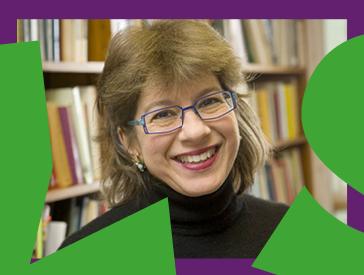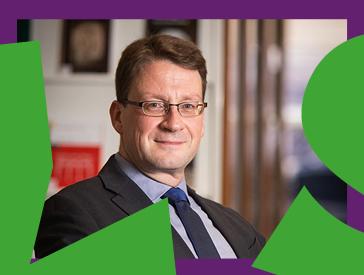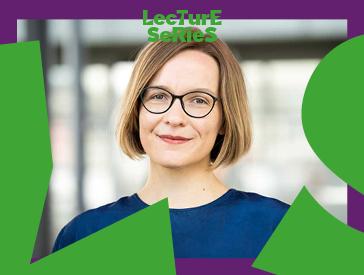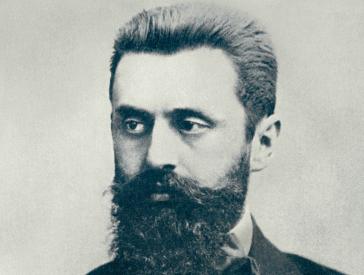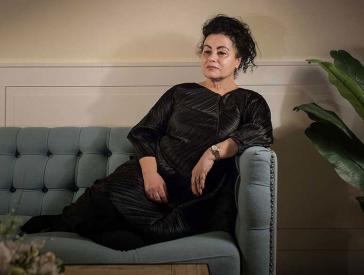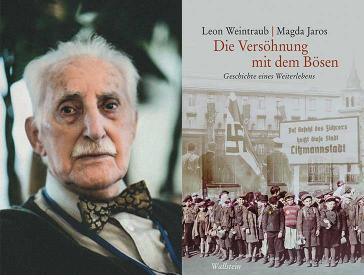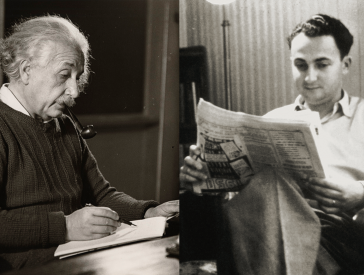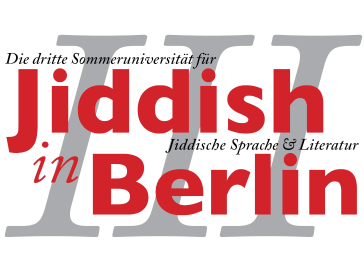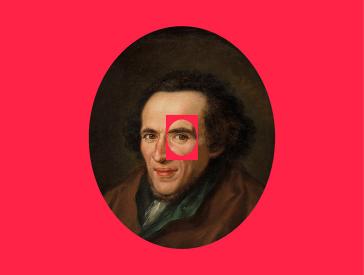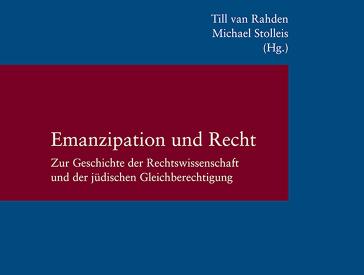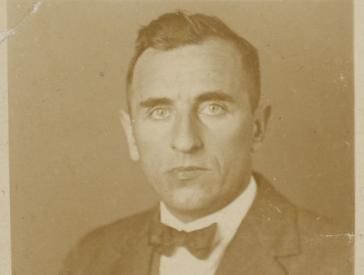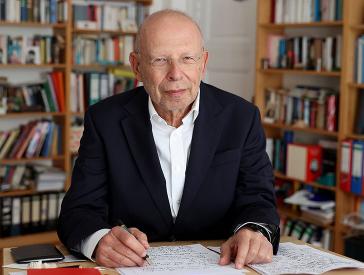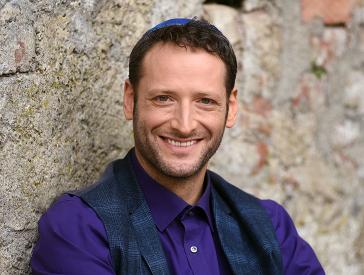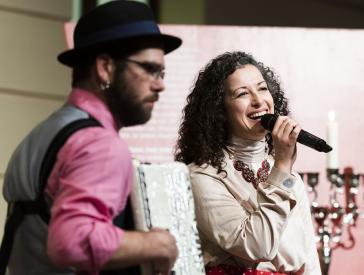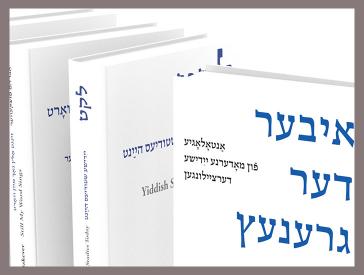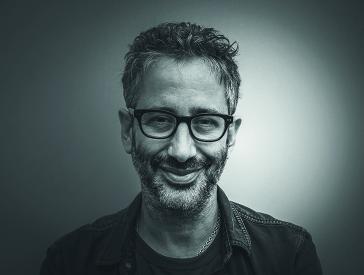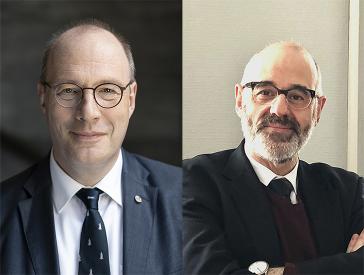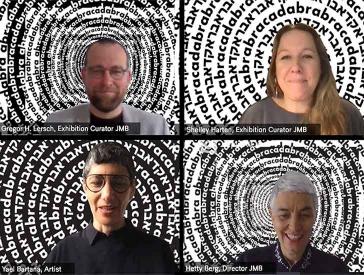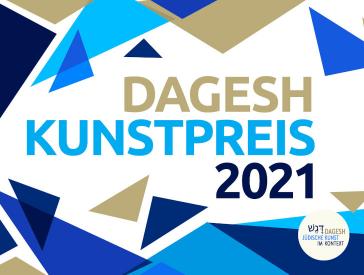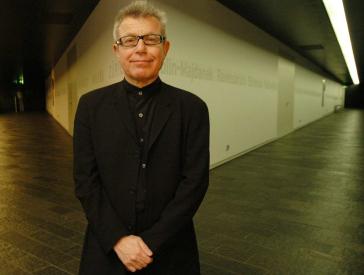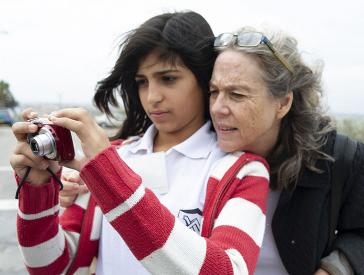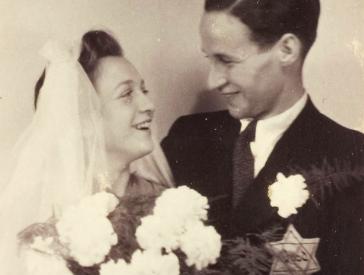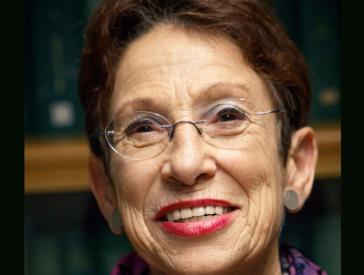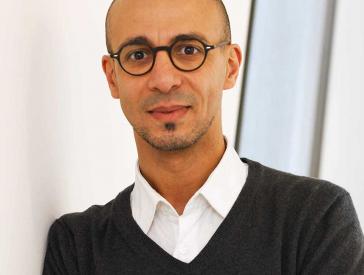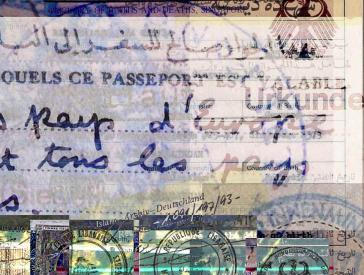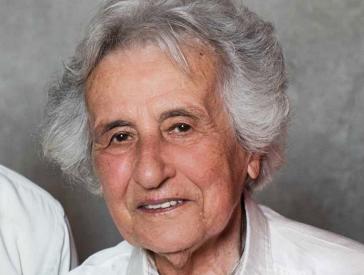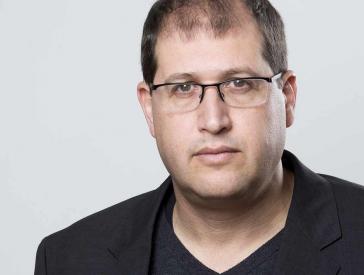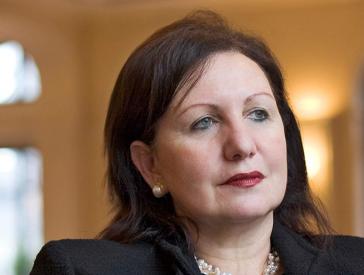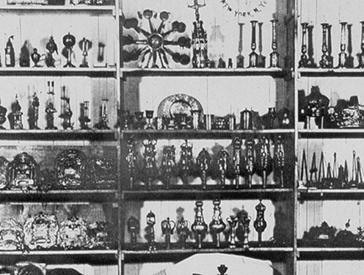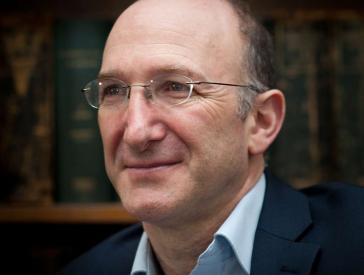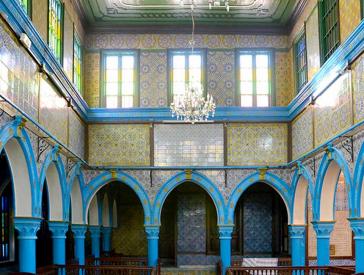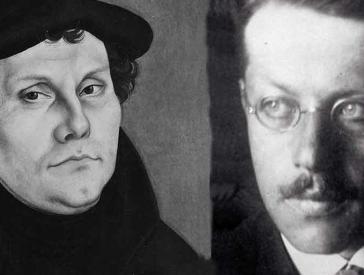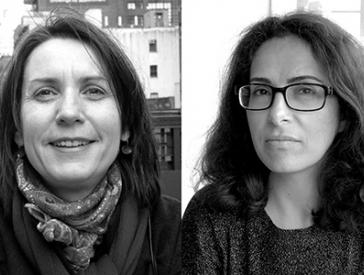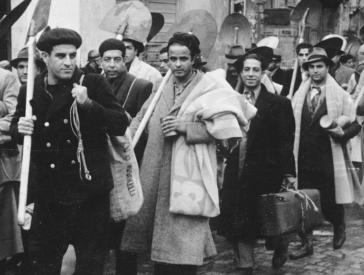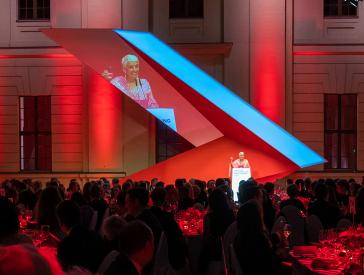
From Yeshiva to Cairo: How Gustav Weil became a Pioneer in the Study of the Qur’an
Part of the Lecture Series The Imagined Orient (Part 3, video recording available)
In the third talk of the lecture series The Imagined Orient, Susannah Heschel, Professor of Jewish Studies at Dartmouth College (USA), discusses the life and work of Jewish Qur’an researcher Gustav Weil. Weil was known throughout Europe and the US for his biography of the prophet Muhammad, among other things.
recording available

Where
W. M. Blumenthal Academy,
Klaus Mangold Auditorium
Fromet-und-Moses-Mendelssohn-Platz 1, 10969 Berlin
(Opposite the Museum)
Video recording from 13 Dec 2023; Jewish Museum Berlin 2023
A pioneering Jewish scholar in the study of the Qur’an and early Islamic texts, Gustav Weil was born in a small village outside Freiburg in 1808 and spent eight years studying at the yeshiva in Metz, France, before studying Arabic at the University of Heidelberg and in Cairo, where he lived for five years. Upon returning to Germany, he worked as librarian at the University of Heidelberg from 1838 until appointed to a professorship in 1861.
Renowned throughout Europe, Britain, and the United States for his biography of the prophet Muhammad, his five-volume history of the caliphate, and his study of the chronology of the Qur’an, Weil brought modern philological analyses to the study of early Islamic texts. Unlike his Christian colleagues who engaged in missionary work and disparaged Islam, Weil’s work sought an enlightened, rational religion and reflects the intellectual milieu of the nahda (the Arab renaissance) that was flourishing during his lifetime. He died in 1888.
The lecture series The Imagined Orient introduces ways of understanding German-Jewish and Israeli perspectives on the term “Orient” and explores its contradictory fantasies and realities within the spectrum of modern Jewish experiences. The series takes us from the 18th century to the present over the course of six events as it presents various biographies, films, photographs, texts and art pieces.
Susannah Heschel
Susannah Heschel is Eli M. Black Distinguished Professor and chair of the Jewish Studies Program at Dartmouth College. She is the author of Abraham Geiger and the Jewish Jesus, The Aryan Jesus: Christian Theologians and the Bible in Nazi Germany, and Jüdischer Islam: Islam und jüdisch-deutsche Selbstbestimmung, and a forthcoming book, written with Sarah Imhoff, Jewish Studies and the Woman Question, as well as numerous articles. She is a Guggenheim Fellow and has received five honorary doctorates from universities in the United States, Canada, Germany, and Switzerland, and fellowships from the National Humanities Center, the Guggenheim Foundation, and the Wissenschaftskolleg zu Berlin.

Lecture Series The Imagined Orient
- Landing Page
- Lecture Series The Imagined Orient: Information on the event series
- Digital Content
- “Orient” – A Magic Word? On the German-Jewish History of a Term: Lecture with Kathrin Wittler, video recording from 9 Oct 2023, in German
- Approaching the “Orient” through pictures – the Life and Work of Jewish photographer Hermann Burchardt: Lecture with Stefan Litt, video recording from 8 Nov 2023, in German
- Current page: From Yeshiva to Cairo: How Gustav Weil became a Pioneer in the Study of the Qur’an: Lecture with Susannah Heschel, video recording from 13 Dec 2023
- A Time Machine Made of Glass – E.M. Lilien’s View of the Hebrew Orient in Moses (Design for a Glass Window): Lecture with Shelley Harten, video recording from 23 Jan 2024, in German
- The Dream of a Jewish-Arab Orient: Writer M.Y. Ben-Gavriêl: Lecture with Sebastian Schirrmeister, video recording from 14 Feb 2024, in German
- Events
- The Unorthodox, Israel 2018: A feature film about the founding of the Shas Party: Film screening and discussion with Omar Kamil and Daniel Wildmann, 6 Mar 2024
- See also
- The W. Michael Blumenthal Academy of the Jewish Museum Berlin: A Platform and Laboratory for Diverse Perspectives
Video Recordings: Watch Past Museum Events (80)
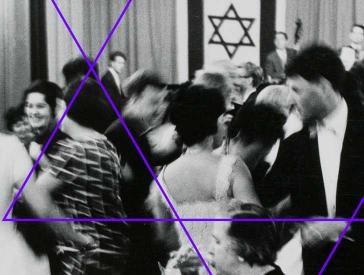


 X
X
